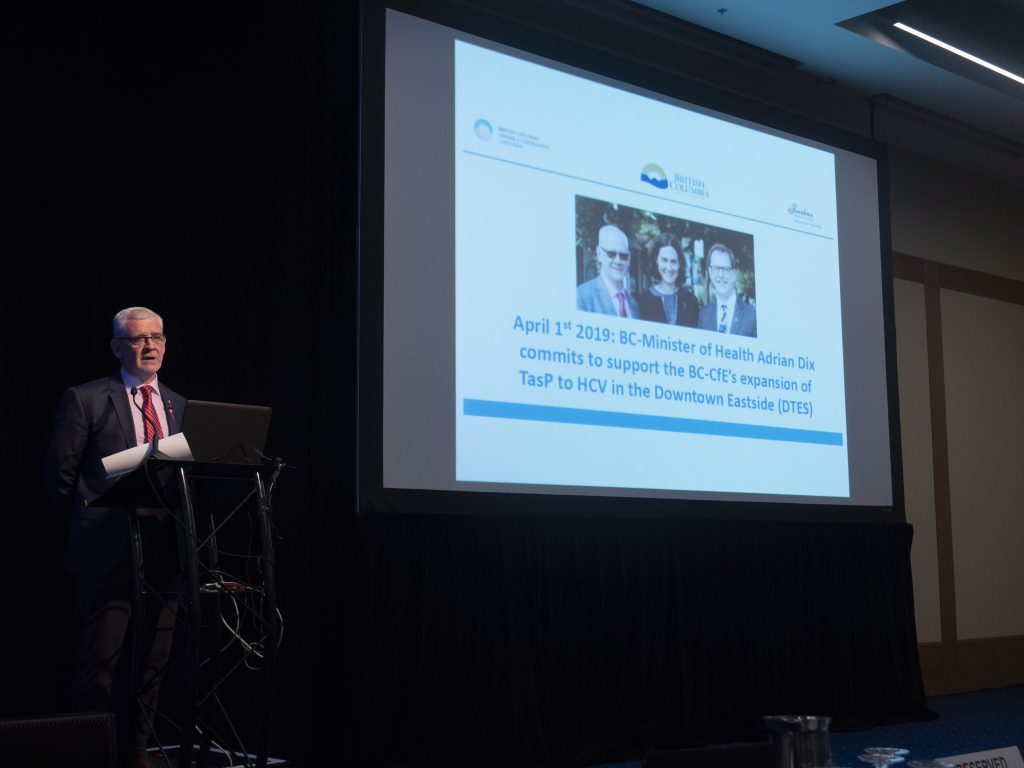HIV tests now part of most Emergency Department blood work
June 27 is National HIV Testing Day – an opportunity to remind everyone it is easier than ever to know your HIV status. Since December 2018, when people come in to Interior Health emergency departments and require diagnostic blood work, an HIV test may be included. Provincial testing guidelines encourage primary care providers to know […]
HIV tests now part of most Emergency Department blood work Read More »



